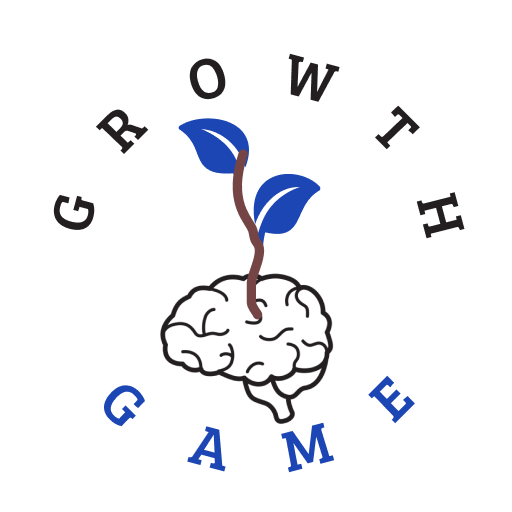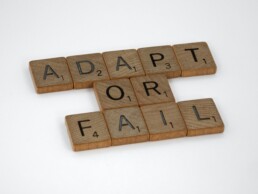The Power of Growth Mindset: Cultivating Resilience in Children for a Successful Adulthood
The ability to adapt, learn, and persevere is a crucial one for all people, and developing it starts from an early age. While intelligence and talent are often celebrated, it's the resilience and determination that often determine one's success. This is where the concept of a "growth mindset" comes into play. Developed by psychologist Dr. Carol Dweck, the growth mindset is the belief that abilities and intelligence can be developed through dedication and hard work. This perspective contrasts with a "fixed mindset," where individuals believe their talents and abilities are static. But how does a growth mindset influence a child's resilience, and how can it pave the way for a successful adulthood?
- Embracing Challenges and Learning from Failure
Children with a growth mindset see challenges as opportunities to learn and grow. Instead of avoiding difficulties, they embrace them, knowing that they offer a chance to improve. When they encounter setbacks, they don't view them as insurmountable barriers but as stepping stones to success. This approach fosters resilience, as children learn that failure isn't the end but a part of the learning journey. By internalizing this belief, they're better equipped to face the inevitable challenges of adulthood.
- The Power of "Yet"
One of the most transformative words in the growth mindset vocabulary is "yet." A child might say, "I can't solve this math problem," but with a growth mindset, the statement becomes, "I can't solve this math problem yet." This simple addition transforms a statement of defeat into one of hope and potential. It teaches children that with time, effort, and the right strategies, they can overcome obstacles. This belief in potential and the future instills a sense of resilience that will serve them well in their adult lives.
- Valuing the Process Over the Outcome
A growth mindset shifts the focus from the end result to the journey. Children learn to value the process of learning, the effort they put in, and the strategies they employ. This perspective reduces the fear of failure, as the emphasis is not on always getting the right answer but on the learning that happens along the way. By appreciating the journey, children develop a resilience that helps them navigate the ups and downs of life, ensuring they're not easily discouraged when things don't go as planned.
- Cultivating a Love for Learning
Children with a growth mindset develop a genuine love for learning. They're curious, eager to explore new concepts, and open to feedback. This passion for knowledge doesn't wane as they grow older. Instead, it becomes a driving force, pushing them to continuously seek opportunities to learn and grow. As adults, this love for learning can translate into career advancements, personal development, and a richer, more fulfilling life.
- Building Stronger Relationships
A growth mindset doesn't just impact academic or professional success; it also influences interpersonal relationships. Children who believe in growth understand that people can change and evolve. They're more likely to be forgiving, understanding, and open to feedback, qualities that are essential for building strong, lasting relationships in adulthood.
Cultivating a growth mindset in children is one of the most valuable gifts we can offer. It not only equips them with the resilience to face challenges head-on but also instills a lifelong love for learning, a belief in their potential, and the tools to build meaningful relationships. As these children transition into adulthood, they carry with them a mindset that not only ensures success in their endeavors but also enriches their lives in countless ways.

